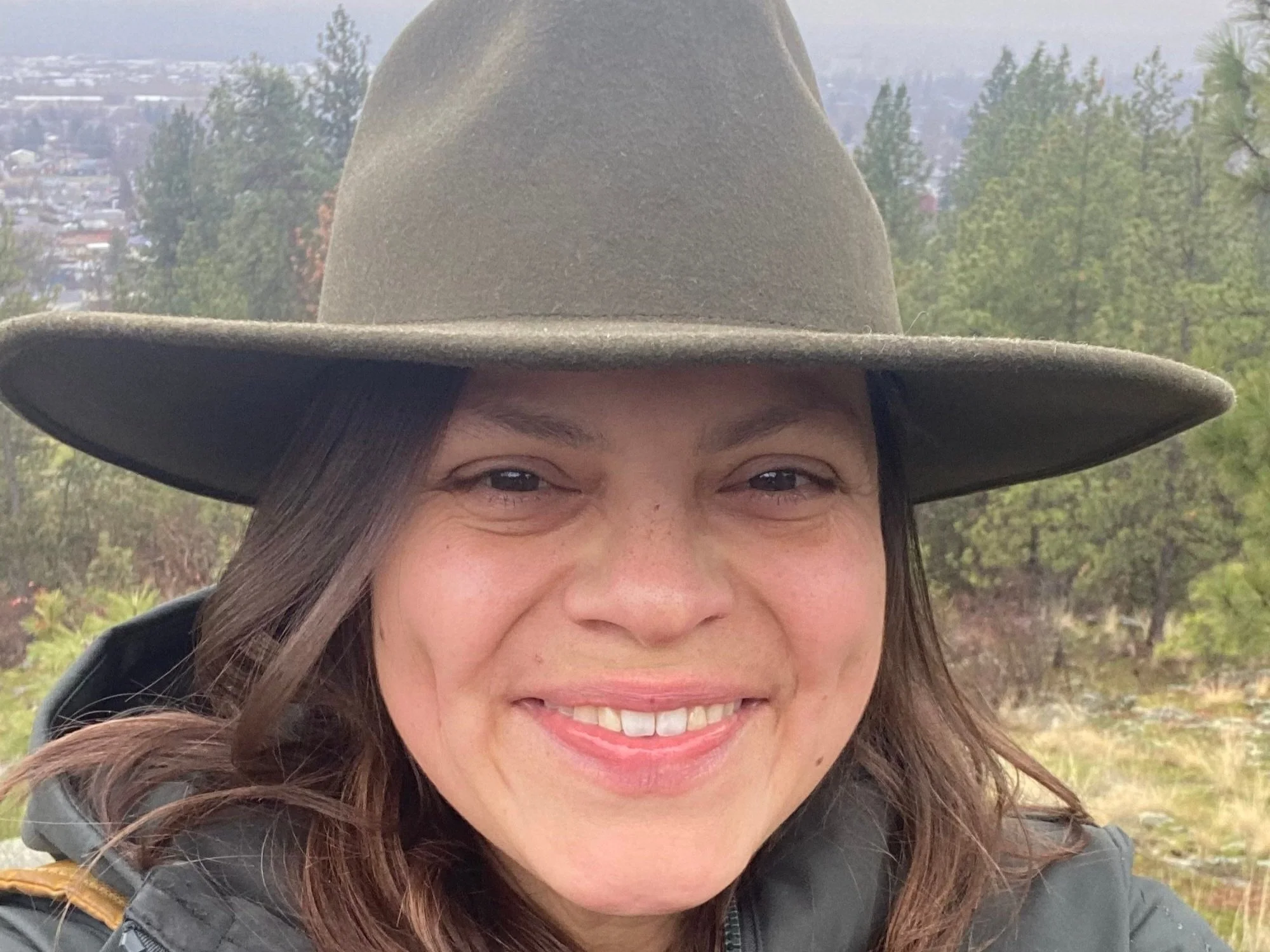Interview with Miranda Knox: an Innate Postpartum Care Provider & Holistic Pelvic Care™ Practitioner
Postpartum can be such a sweet, sleepy, cozy, hazy time and filled with lots of questions. To support you in navigating through, I’m sharing an interview with Miranda Knox, a Licensed Massage Practitioner, who specializes in CranioSacral Therapy & women’s health through practicing Innate Postpartum Care & Holistic Pelvic Care™. She combines all her modalities to offer women a container of care for their physical & emotional bodies.
I thought you’d enjoy hearing some of her wisdom for the postpartum experience.
Libby: How did you get started in this work?
Miranda: I’ve been leading people to connect with their bodies, minds & breathe as a Yoga Teacher since 2007 and Pilates since 2012. In 2016, I become a Licensed Massage Practitioner which has led me to specialize in CranioSacral Therapy & women’s health. In 2018, I became a mom, which led me to pursue becoming an Innate Postpartum Care Provider & Holistic Pelvic Care™ Practitioner.
L: As part of your postpartum services you list “heart to heart conversations.” Can you share more about this?
M: Talking about and sharing our lives with others is an ancestral practice that I’ve recently remembered as being an essential part of my lineage. When we talk about our experience we are allowing them to be part of our history. We need to be seen in our biggest moments. This is a chance to be exalted and revered, and oftentimes tended to and cared for when hardships have occurred. Birth is not something that should be shoved to the back of some closet and never discussed, nor the experiences that arise afterwards.
A heart to heart talk comes from Elena Aliva in her book, Woman Who Glows in the Dark. She was a Curandera and I see a lot of my work as striving to be similar to the work of traditional caretakers like her. A heart to heart talk is a form of caring for someone else, not trying to fix them. In that moment you are helping to raise the oxytocin and prolactin of the other with your presence. So much of what women need postpartum is social connection, authenticity, and care.
L: You cook meals for your clients, which is such a beautiful act nourishment during postpartum. What are some of the ingredients you use?
M: I cook with nourishing fats like ghee, tallow and olive oil. These are low inflammatory oils and make bodies feel satiated. Healthy fats and proteins are the building blocks for repairing postpartum. I use animal bones with fairly equal parts meat and collagen to make broths for soups or sipping. Food should be warm in nature and in temperature and easy to digest. One of my go-tos is liver/beef meatballs and salmon cakes to provide more protein and organ meat. I encourage families to make a meal train and to be specific about their dietary needs. (I am not opposed to vegetarians or vegans, but my area of experience is not with this way of eating.)
L: Could you share one practice, recipe, or piece of wisdom you share with your clients that they can use on their own?
M: If you can, put your phone out of sight for as much of the day as you feel comfortable. Our eyes use 30-40% of our daily energy. Your brain is growing postpartum. Your baby is also using your resources through breastfeeding and care. The screen is not conducive to rest, which is one of the essential parts of postpartum. In lieu of not looking at your phone you might spend time with focused breathing, meditating, yoga nidra, journaling, connecting with the natural elements, and mostly looking at your baby.
Also, practice asking for what you need specifically. Your friends and family will appreciate you letting them know exactly what you need.
L: You offer a variety of postpartum care services within the body work and energy work realms. If someone is looking for this kind of care how would you recommend they navigate the options?
M: You might try looking at the Innate Traditions website for a practitioner in your area. I’d also look up Holistic Pelvic Care Practitioners at Wildfeminine.com , or physical therapists who studied at the Institute for Birth Healing. You might even consider hiring a private chef or ayurvedic chef for a few weeks. Also, you might look into practitioners who do energy work or craniosacral therapy as these are two gentle ways to be supported postpartum.
